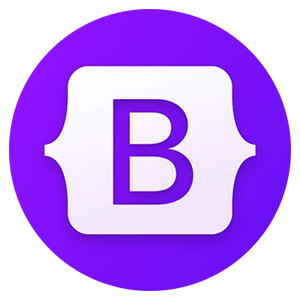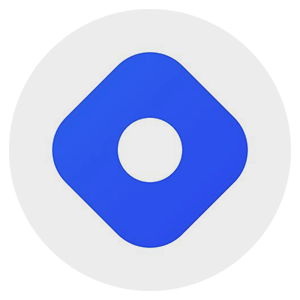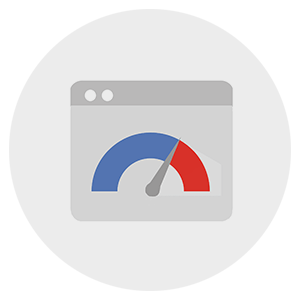Blog
I’m going to be honest with you: I’m not much one for computers. I can get by in my duties as copywriter, of course. I know exactly six keyboard shortcuts. I can operate most content management systems without my colleagues wanting to strangle me (I think). I can export a PDF, even.
But as soon as you mention code, you’re operating above my pay grade. Which is why I regard our web team with a kind of reverence—like sorcerers who use some magic language to bring the work we do to life. They are usually the final step before it all goes out there into the world, and they make the user experience something special.
So, we asked them what kinds of tools, communities, and platforms they find helpful in the work that they do. If you’re a programmer—working or aspiring—you may find something new here to help you work.

Stack Overflow
Stack Overflow is a question-and-answer website for professional and enthusiast programmers. Our entire web team uses it regularly. “Basically, if our team encounters a question, we're probably not the first ones to ask such questions,” said Alex, our Digital Development Director. “This allows us to use the power of crowdsourcing to answer that question.”

Bootstrap
Bootstrap is a frontend framework created by Twitter. Essentially, it’s a toolkit/template with prebuilt components and plugins that can be customized according to the website you’re trying to create. As Alex put it, “Why create a layout from scratch when 50% of the work is already done for you?”

CSS Tricks
This is a resource full of articles written daily by professional programmers. It covers CSS, HTML, JavaScript, and all things related to web design and development.

Hashnode
Hashnode is a free developer blogging platform that allows you to publish articles on your own domain. Once your article is published, it’s shared with Hashnode community members in their feeds, and Google and other search engines drive traffic directly to it—a huge advantage over other blogging platforms. Our developers use it mostly as a resource, but some of them also host their own blogs there.

Schema
Schema has basically become the new organizing principle for the internet. It’s a method for quickly identifying which part of a webpage determines how it is categorized: a recipe, a news article, a scientific journal, a local business, etc. Our web developers use it as a kind of shortcut, providing instructions so search engines know what to do with the pages we’re programming.

Pagespeed Insights
PageSpeed Insights analyzes the content of a webpage then generates suggestions to make that page faster, which is critical for ensuring our pages are ranked highly by search engines. “Like Formula 1, a tenth of a second difference could mean first place or tenth place,” said Alex.

The Moz Blog
This is where the industry's top wizards, doctors, and other experts offer their best advice, research, how-tos, and insights—all to help programmers level-up their SEO and online marketing skills. “It’s our bible when it comes to SEO,” said Alex.